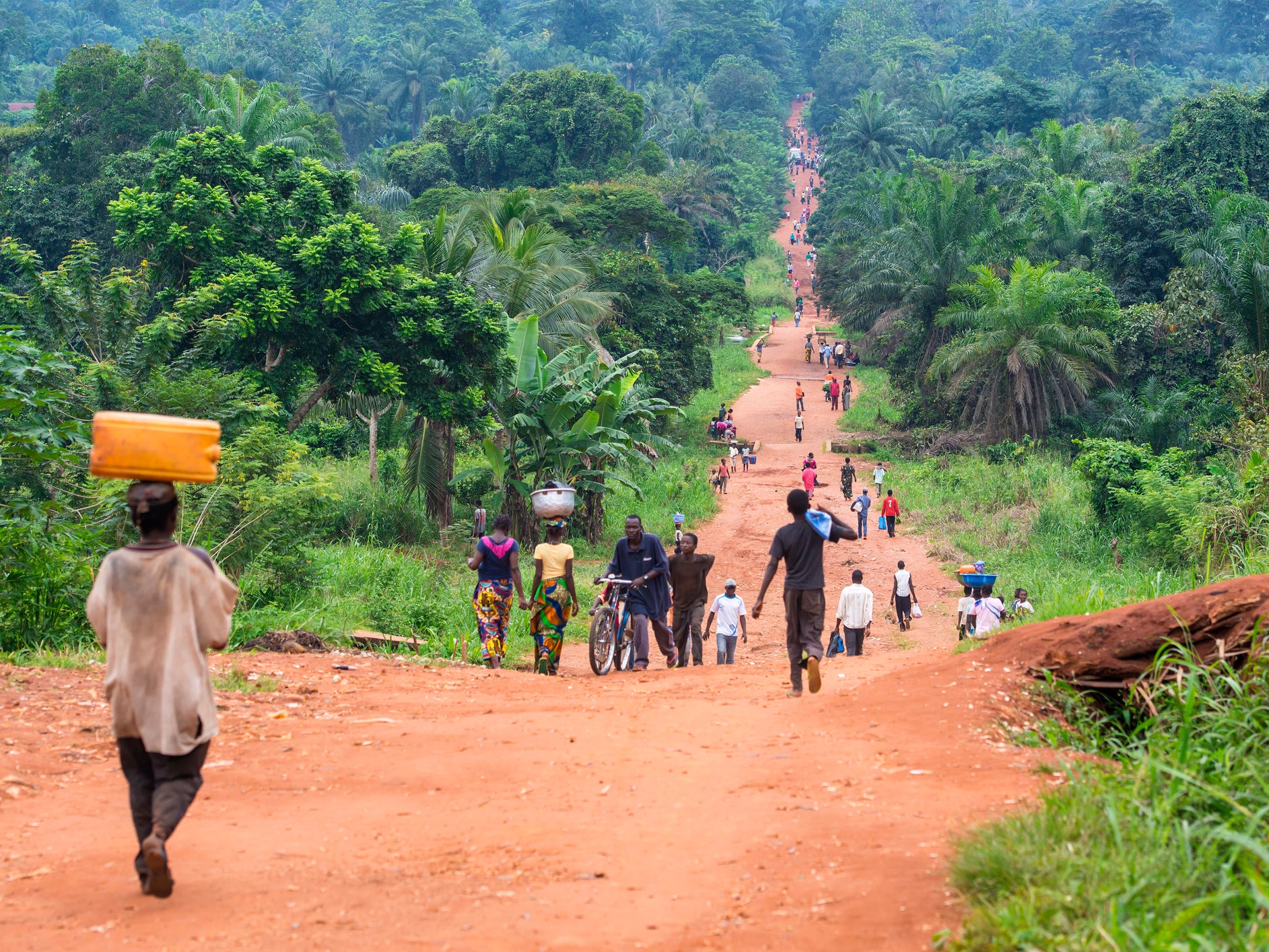Third of tropical African plants set to go extinct, study suggests
Continental assessment of over 22,000 plants reveals dire situation for flora ‘critical to earth’s ecosystems’

A third of tropical African plants are at risk of extinction, according to detailed new research which warns about the impact of our failure to recognise the role plants play in maintaining ecosystems.
Several countries in western Africa as well as others including Tanzania, the Democratic Republic of the Congo and Ethiopia are among those expected to be worst affected where researchers believe they could lose up to 40 per cent of wild plants.
Our species is to blame, with the man-made climate crisis and deforestation for agriculture among the main causes.
The research, lead by Dr Thomas Couvreur of the French National Institute for Sustainable Development, assessed over 22,000 species of plants across tropical Africa.
“Our results underline the high level of extinction risk of the tropical African flora. Thirty-three percent of the species are potentially threatened with extinction, and another third of species are likely rare, potentially becoming threatened in the near future,” the paper says.
Nature Photographer of the Year
Show all 10The team assessed the status of each plant using a system of revised metrics based on those used by the International Union for Conservation of Nature (IUCN), which publishes and updates the “red list” of threatened species. The team’s recording techniques allowed them to cover more ground and more species faster than if they had adhered strictly to the IUCN’s criteria.
Animals and plants on the red list are given special status and protections, but Dr Couvreur noted that while the list has already assessed 86 per cent of known mammals and 61 per cent of birds, less than eight per cent of vascular plants have been considered.
Dr Couvreur described the conservation of tropical biodiversity as “a major challenge”, and said the risk to plants hasn’t been given as much attention as to animals.
He said: “While the conservation status of the majority of vertebrate species has been assessed, the same cannot be said for plants, although they are critical to earth ecosystems.
“This is especially true in tropical regions where the flora is very diverse but remains poorly documented.”
The research is published in the journal Science Advances.
Subscribe to Independent Premium to bookmark this article
Want to bookmark your favourite articles and stories to read or reference later? Start your Independent Premium subscription today.

Join our commenting forum
Join thought-provoking conversations, follow other Independent readers and see their replies